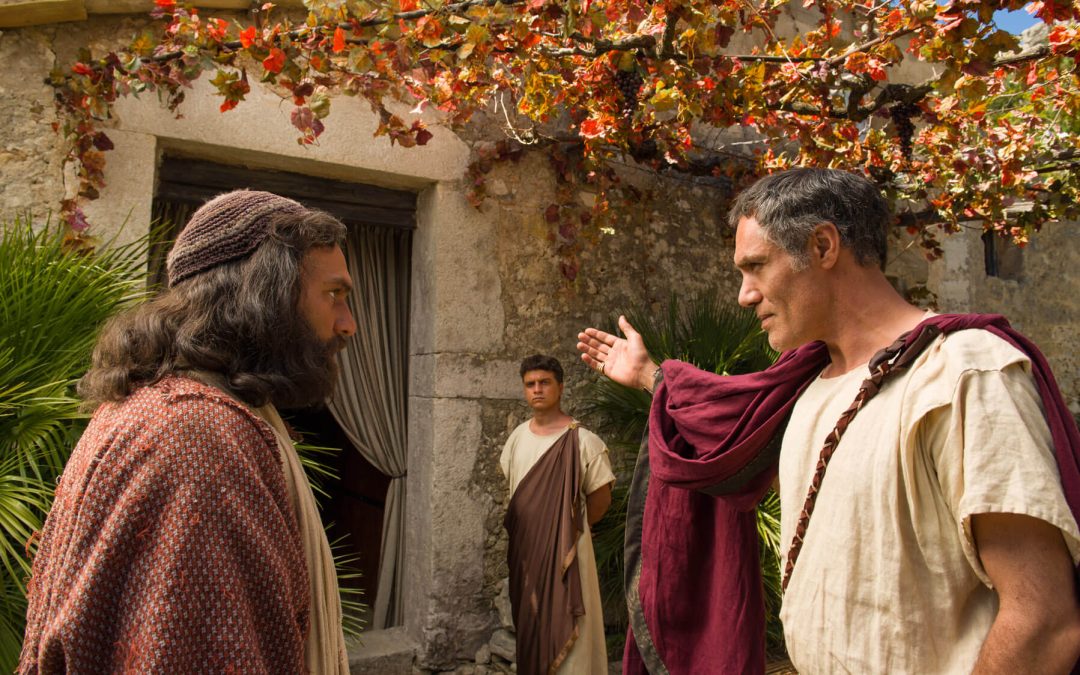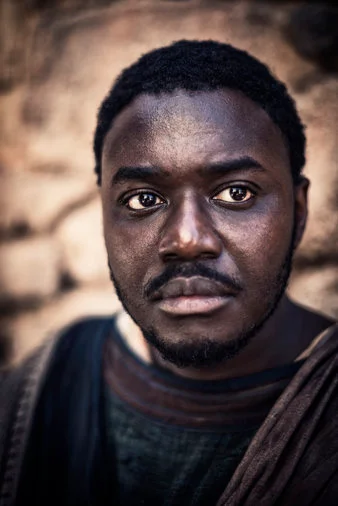
God Plays No Favorites
– Today’s Community Scripture – 6/13/2025
Cornelius said, “Four days ago at about this time, mid-afternoon, I was home praying. Suddenly there was a man right in front of me, flooding the room with light. He said, ‘Cornelius, your daily prayers and neighborly acts have brought you to God’s attention. I want you to send to Joppa to get Simon, the one they call Peter. He’s staying with Simon the Tanner down by the sea.’ “So I did it—I sent for you. And you’ve been good enough to come. And now we’re all here in God’s presence, ready to listen to whatever the Master put in your heart to tell us.” Peter fairly exploded with his good news: “It’s God’s own truth, nothing could be plainer: God plays no favorites! It makes no difference who you are or where you’re from—if you want God and are ready to do as he says, the door is open. The Message he sent to the children of Israel—that through Jesus Christ everything is being put together again—well, he’s doing it everywhere, among everyone.
Acts 10:30–36 (MSG)
Key Verse – Peter fairly exploded with his good news: “It’s God’s own truth, nothing could be plainer: God plays no favorites! It makes no difference who you are or where you’re from if you want God and are ready to do as he says, the door is open. – Acts 10:34–35 (MSG)
– Reflection:
The story of Peter’s Vision revolves around the message God sent to two men. Cornelius’s vision and Peter’s response reveal a profound truth: God is not limited by human boundaries or prejudices. Cornelius, a Gentile, is recognized by God not for his heritage but for his genuine devotion and kindness. Peter’s realization—that “God plays no favorites”—marks a pivotal moment in the early Christian movement, affirming that the message of Jesus is for all people, regardless of background or origin. This moment encourages us to examine our own openness to others and challenges us to embrace the radical hospitality of God’s love, which seeks unity and restoration for everyone, everywhere.
– Where do we go from here?
I believe this passage calls us to embrace a broader, more inclusive vision of faith and community. Just as Cornelius acted in obedience and Peter responded with openness, we are invited to break down barriers and share God’s message of love and restoration with all people. Moving forward, we must accept the truth that God’s grace is not limited by culture, tradition, or background. Our next step is to embody this truth—welcoming others, listening with humility, and sharing the good news with courage and compassion. The door is open; now it’s our turn to walk through it and invite others to do the same.
– Our Prayer for Today
Father, I praise You for the truth that You show no favoritism and that Your grace is for all who seek You with open hearts. Teach me to live with that same openness, to welcome others as You have welcomed me, and to share the good news of Jesus with humility and joy.



